Hello, fellow bookworms!
This week, our incredible intern Caitlin Scialla brings us her favorite reads of the summer: a dose of dystopia and a sprinkle of magical realism. I commend her for being brave enough to delve into dystopian fiction right now — it hits a little too close to home for me these days! However, her picks still sound interesting enough that I’m putting them on my reading list … but I think I’ll save them for after the election’s over.
I hope everyone got the chance to hit up the Mary Jane McCord Planned Parenthood Book Sale (my friend Kelly and I practically came home with a car full of books), but if you didn’t, there are many ways to support the cause. If you have the time, consider volunteering! Read about Meaghan Clark Tiernan’s experience as a new volunteer here.
Happy reading!
—Tessa, allbooked@independent.com
1984 by George Orwell

Raised on a diet of young adult dystopian novels, I’ve always had a soft spot for dystopian fiction. And I think that my obsession with dystopia has only been further fueled recently, given, well, the state of the world. The parallels between the dystopian societies that I grew up reading about and our current reality have become a little too real. This heightened political consciousness (or doomsday mentality, depending on how you choose to look at it) has, once again, catapulted me into dystopian literature. This time around, I’ve been swapping out the Hunger Games and Divergent trilogies with “the classics,” beginning with, arguably, the genre’s most well-known text.
I know that 1984 by George Orwell is required reading for students everywhere, but my high school reading curriculum swapped out Orwell for Ayn Rand, so I’d never read 1984 before this summer. Since 1984 is a perennial favorite and has consequently been analyzed ad nauseam, I’m well aware that I won’t be saying anything new about the shocking parallels between today’s world and what Orwell describes in 1984. I’m obviously not implying that our modern society exactly emulates Orwell’s Oceania, but there are elements of our world that uncannily align with 1984’s dystopian hellscape.
Specifically, Orwell shines a spotlight on the noxious influence of misinformation and propaganda. “Doublespeak” and “Doublethink” are disturbingly comparable to the “fake news” and “alternative facts” that proliferate lawlessly on social media platforms. The phrases “fake news” and “alternative facts” themselves are textbook examples of Doublespeak! Orwell’s take on propaganda also eerily rings true. Is there really that much of a difference between the Two Minutes Hate and the venomous, raging atmosphere that characterizes many digital echo chambers? Orwell’s 1984 feels, unfortunately, as relevant as ever.
I Who Have Never Known Men by Jacqueline Harpman

Jacqueline Harpman’s I Who Have Never Known Men is another dystopian novel. However, rather than focusing on authoritarianism, like 1984 and most of the other dystopian books that I have read previously, I Who Have Never Known Men is much more philosophical and open-ended. The premise of the book is incredibly unique and immediately draws readers in. Thirty-nine women are mysteriously imprisoned in an underground cage. The women are surveilled at every moment by male guards who never speak but provide them with basic necessities. For an unknown reason, the women have no memory of how they came to be in the cage or why they have been locked away. Everybody except the narrator, who is considerably younger than the rest of the women, has vague memories of life before the cage. Our unnamed protagonist, though, has only ever known captivity. She attempts to understand herself and the meaning of life amid these extreme and irrationally cruel conditions.
With the backdrop of a bizarre, post-apocalyptic world. Harpman poses some interesting questions.
What does humanity look like when human existence is stripped down to its bare essentials? What does womanhood look like in the absence of men? I will say that I Who Have Never Known Men can be a frustrating read. The reader inevitably craves answers, an explanation that clarifies everything. However, Harpman seemingly leans into the absurd, spinning a scenario that becomes increasingly impossible to understand, introducing even more questions as the story unfolds and providing little to no answers. Enjoying this book means coming to terms with the fact that its purpose is not to provide solutions but, instead, to inspire introspection.
The House of the Spirits by Isabel Allende

I’d had The House of the Spirits on my bookshelf for years now and had put off reading it, intimidated by the length and tiny text. But I was reminded of the novel this past winter when I had the opportunity to take classes in Chile and continuously heard it referenced by peers and professors. The House of the Spirits is a mainstay of Latin American literature, masterfully capturing the recent history and politics of Chile while, at the same time, weaving in elements of fantasy and magic.
Taking the form of a multi-generational saga, The House of the Spirits follows the Trueba family for numerous decades. Isabel Allende pulls from history that predates her, but, being the first cousin to former Chilean president Salvador Allende, she also integrates fictionalized personal experiences and firsthand accounts that make The House of the Spirits a comprehensive, detail-rich portrait of 20th-century Chile. Knowing the context is not necessary in order to understand the book, but a relative familiarity with the circumstances that prompted Allende to write The House of the Spirits makes the reading experience a lot more enriching. While some might argue that having a knowledge of all the book’s particular references is necessary in order to “get” Allende’s message, I disagree. I think that Allende’s ambitions are clear regardless. At the heart of The House of the Spirits is a poignant exploration of class struggle and the idea that resistance and the spirit of the people can never fully be quelled. Allende analyzes Chile specifically but tells an age-old tale of repression, struggle, and hope that can be easily grasped by all readers.
UPCOMING BOOK EVENTS
Below, you will find a few bookish events coming up in Santa Barbara. If you are hosting a bookish event in Santa Barbara, be sure to submit the event to our online events calendar.
Storytime at Solvang Library
Tuesday, September 24, 10:30 a.m. | Solvang Library
Montecito Book Club
Tuesday, September 24, noon | 1469 E. Valley Rd., Montecito
Baby & Me Storytime
Wednesday, September 25, 11 a.m. | S.B. Central Library
Wiggly Storytime
Thursday, September 26, 5 p.m. | S.B. Central Library
Favorite Poem Open Mic
Thursday, September 26, 6 p.m. | La Casa de la Raza
Baby & Me Storytime
Friday, September 27, 10:30 a.m. | Goleta Valley Library
Preschool Storytime
Monday, September 30, 10 a.m. | Carpinteria Community Library
Storytime at Solvang Library
Tuesday, October 1, 10:30 a.m. | Solvang Library
El Encanto Literary Club with Dani Shapiro
Tuesday, October 1, noon | El Encanto, A Belmond Hotel
Baby & Me Storytime
Wednesday, October 2, 11 a.m. | S.B. Central Library
Wiggly Storytime
Thursday, October 3, 5 p.m. | S.B. Central Library
Baby & Me Storytime
Friday, October 4, 10:30 a.m. | Goleta Valley Library
Preschool Storytime
Monday, October 7, 10 a.m. | Carpinteria Community Library
LOCAL BOOK SPOTLIGHT
We at the Independent get many books sent to us by local authors, sometimes too many! It’s practically impossible for us to read and review them all, but just because we are busy bees does not mean that they aren’t worth the attention. In an attempt to not completely drop the ball, we have compiled a list of books here that have a local spin. They are all either written by a local author, feature someone in our community, or have another tie to Santa Barbara. I urge you to look through this list. Perhaps you will find your new favorite read!
The following are the most recent titles that have been sent to us. Click here for a more comprehensive list.
Silents on the Islands: Silent Movies Filmed on California’s Channel Islands by Betsy J. Green
If you are a local author and would like us to feature your book in this section, please email allbooked@independent.com with the subject line “Local Author Spotlight.”
Book Reviews Courtesy of CALIFORNIA REVIEW OF BOOKS*
Thanks to the generous contributions of David Starkey, Brian Tanguay and their team of reviewers at California Review of Books, we are able to provide a steady stream of book reviews via our content partnership. Recent reviews at Independent.com include:
Corruptible: Who Gets Power and How It Changes Us by Brian Klaas; review by Brian Tanguay
Burn by Peter Heller; review by David Starkey
*At the present time, all of the Independent’s book reviews are provided in collaboration with California Review of Books (calirb.com).
Premier Events
Wed, Dec 31
9:00 PM
Santa barbara
NEW YEAR’S Wildcat Lounge
Sun, Jan 11
3:00 PM
Santa Barbara
Mega Babka Bake
Thu, Jan 01
7:00 AM
Solvang
Solvang Julefest
Thu, Jan 01
11:00 AM
Santa Barbara
New Year’s Day Pajama Brunch at Finch & Fork
Thu, Jan 01
11:00 AM
Santa Barbara
Santa Barbara Polar Dip 2026
Fri, Jan 02
6:00 PM
Santa Barbara
An Evening with King Bee!
Fri, Jan 02
7:00 PM
Santa Barbara
Barrel Room Sessions ~ DJ Claire Z 1.2.26
Fri, Jan 02
7:30 PM
Santa Barbara
Cosmic Dawn: When Galaxies Were Young
Sat, Jan 03
7:00 PM
Santa Barbara
Nic & Joe go Roy
Sat, Jan 03
8:00 PM
Santa Barbara
No Simple Highway- SOhO!
Sun, Jan 04
7:00 AM
Solvang
Solvang Julefest
Mon, Jan 05
6:00 PM
Goleta
Paws and Their Pals Pack Walk
Wed, Dec 31 9:00 PM
Santa barbara
NEW YEAR’S Wildcat Lounge
Sun, Jan 11 3:00 PM
Santa Barbara
Mega Babka Bake
Thu, Jan 01 7:00 AM
Solvang
Solvang Julefest
Thu, Jan 01 11:00 AM
Santa Barbara
New Year’s Day Pajama Brunch at Finch & Fork
Thu, Jan 01 11:00 AM
Santa Barbara
Santa Barbara Polar Dip 2026
Fri, Jan 02 6:00 PM
Santa Barbara
An Evening with King Bee!
Fri, Jan 02 7:00 PM
Santa Barbara
Barrel Room Sessions ~ DJ Claire Z 1.2.26
Fri, Jan 02 7:30 PM
Santa Barbara
Cosmic Dawn: When Galaxies Were Young
Sat, Jan 03 7:00 PM
Santa Barbara
Nic & Joe go Roy
Sat, Jan 03 8:00 PM
Santa Barbara
No Simple Highway- SOhO!
Sun, Jan 04 7:00 AM
Solvang
Solvang Julefest
Mon, Jan 05 6:00 PM
Goleta

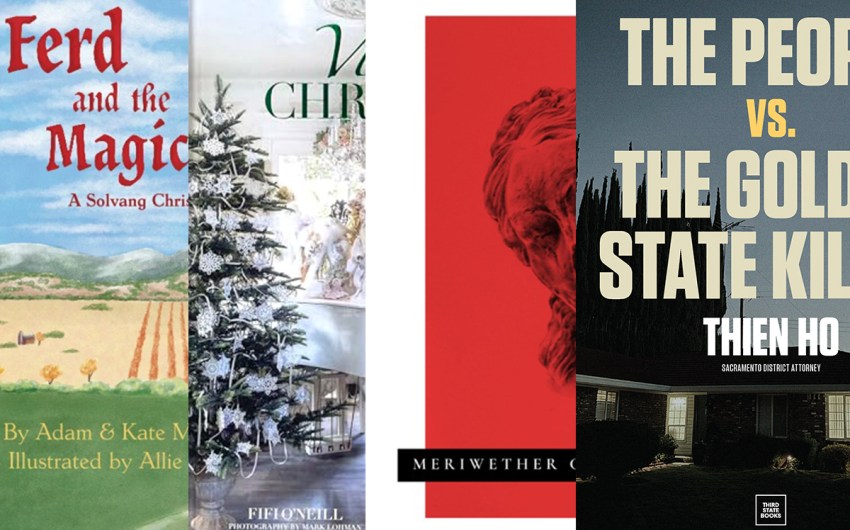
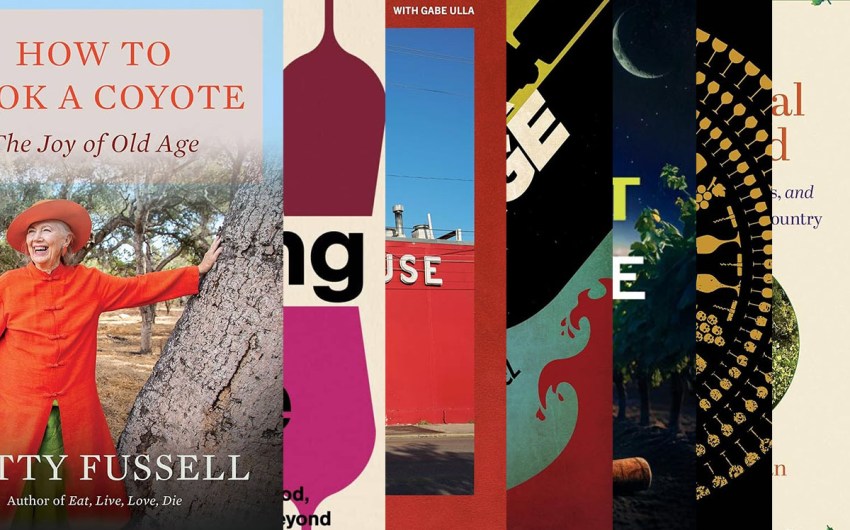
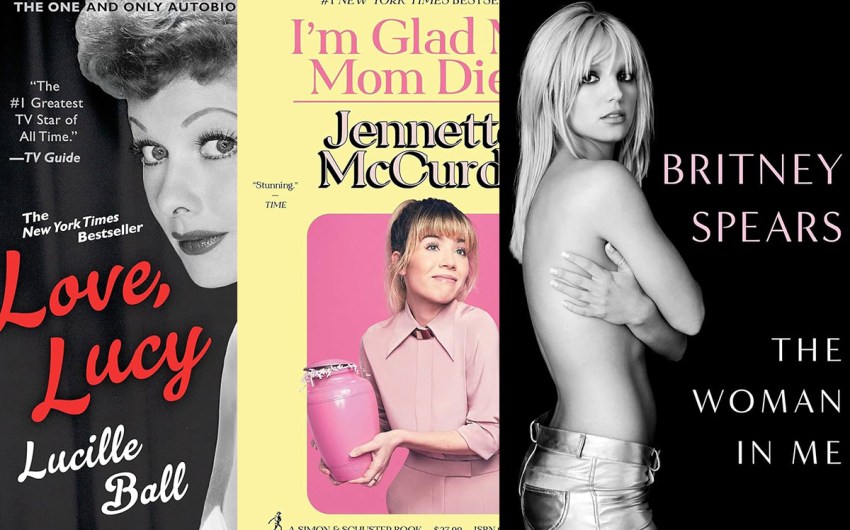
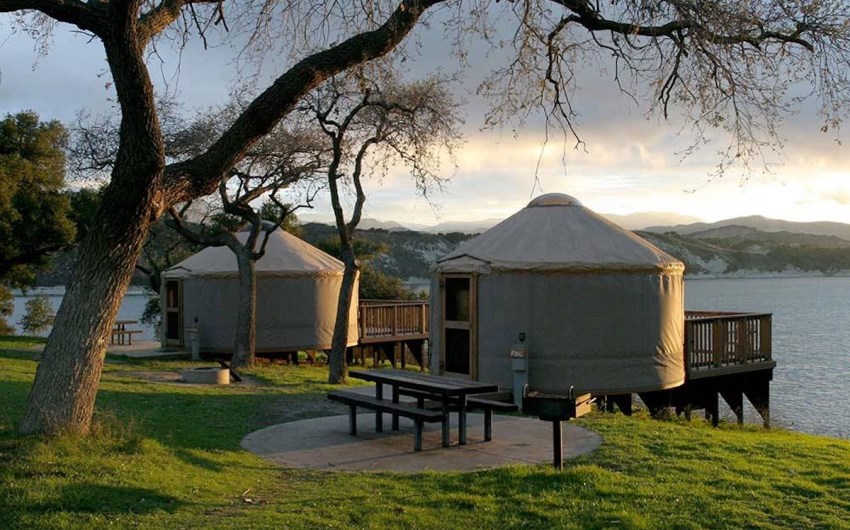

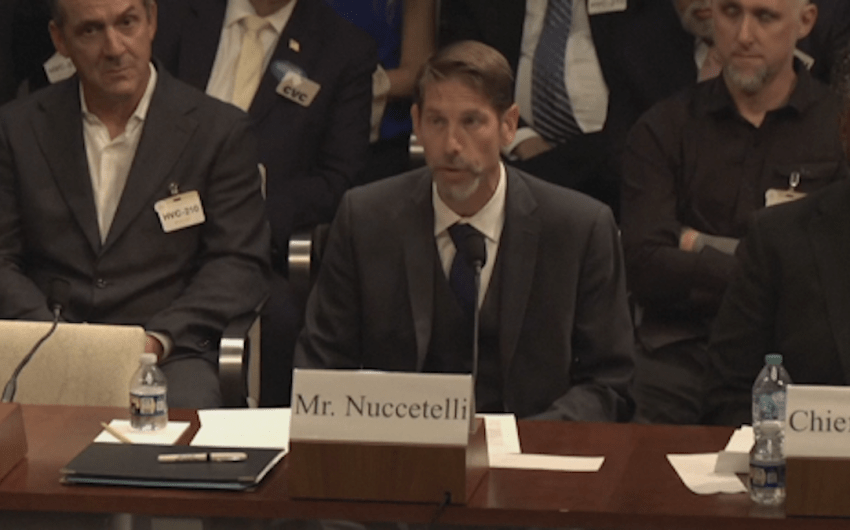

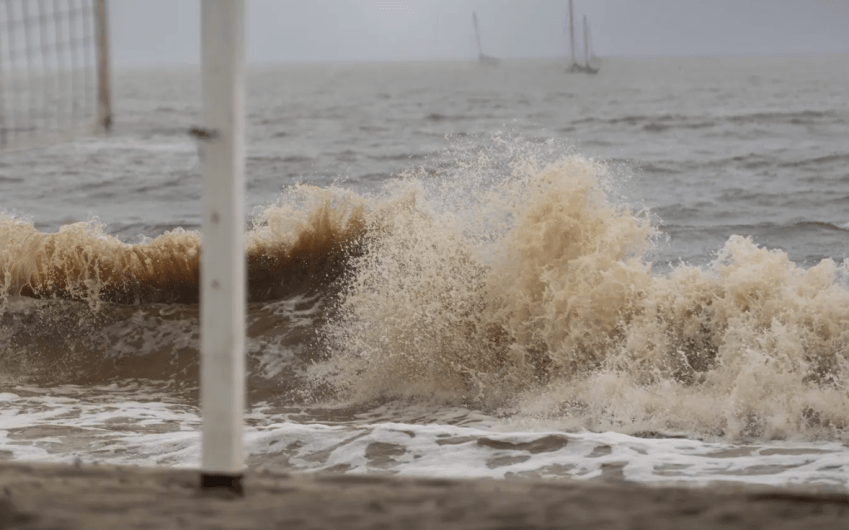






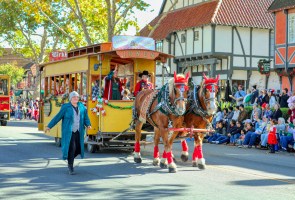

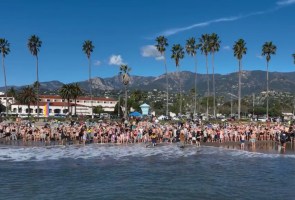


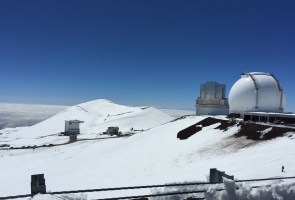
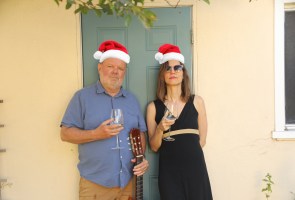


You must be logged in to post a comment.